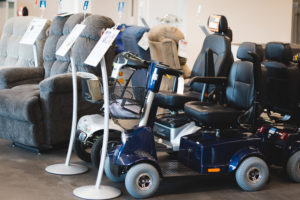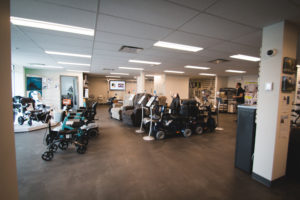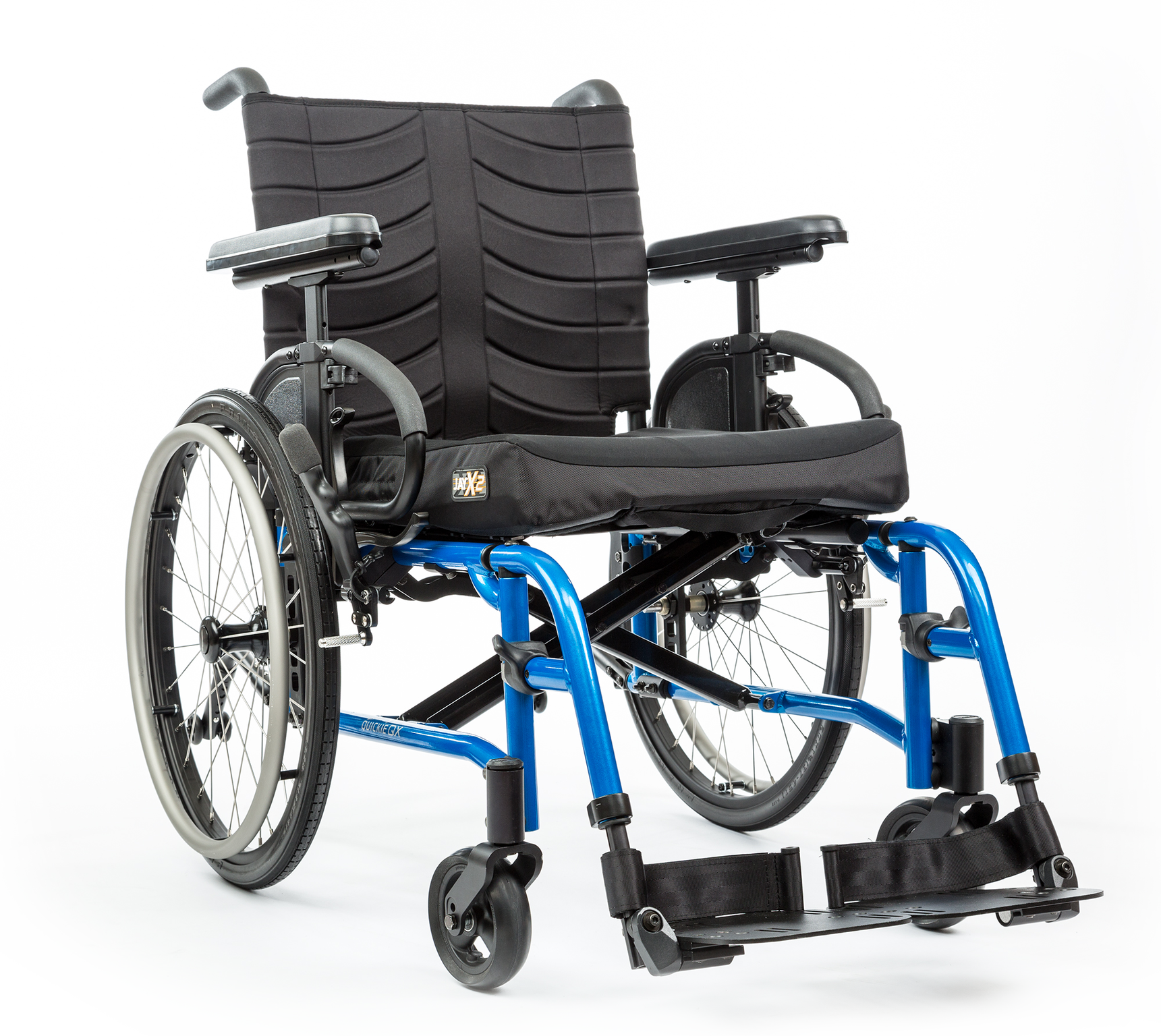
In this post we take a brief look at technology for seniors and 4 must-have tools for anyone looking to age in place. For more information about aging in your own home, contact us today.
The old stereotype that seniors struggle to make use of technology is no longer accurate. A 2014 report by the Pew Research Center found that US seniors are embracing technological innovations like cellphones and the internet like never before.
The report shows that 77% of Americans aged 65 years and over own and use a cell phone. This figure increased by 8% from the previous year.
It also found that 59% of seniors use the internet (a 6% increase from the year before) and that 47% have access to a high-speed broadband connection in their home.
But while these figures are higher than ever before, seniors are still lagging behind their younger counterparts when it comes to tech adoption.
“Many seniors remain largely unattached from online and mobile life—41% do not use the internet at all, 53% do not have broadband access at home, and 23% do not use cell phones,” the report reads.
It also found that rates of internet use and broadband adoption dropped off dramatically around age 75.
In order to help you or a family member assimilate into the digital world (or make the most of it if you/they are among the seniors that embrace technology), we’ve gone ahead and compiled this short list of some must-have tech innovations for seniors.
If you feel we’ve missed anything, make sure to let us know in the comments and remember to share this post with friends and family who might find it useful.
Technology for Seniors: 4 Must-Have Tools
1. Wireless Internet:

The internet is a powerful tool, providing us with instant access to a world of information. Whatever topic you’re interested in, you can find a plethora of facts and figures about it in a matter of seconds using Google or other search engines.
By installing a high-speed wireless internet service, seniors can instantly access this goldmine of information from all corners of the house.
Browsing the web can be a great source of entertainment for seniors and can also help them improve memory, brain function, and increase cognitive ability. Online social networks, like Facebook and Skype, also provide seniors with a simple way to stay connected with family and friends.
Note: It is vital that seniors understand how to stay safe on the internet. Any senior wanting to access the internet should work with their caregiver or family to understand privacy concerns, online scams, and other potential hazards.
2. Tablets and Smartphones:

Tablets and smartphones go hand-in-hand with wireless internet to make for a simple, fast way to access the web. Plus, they are quickly proving to be the desired platform for browsing the internet, with 57% of internet users relying on tablets, smartphones, and other devices over desktops/laptops.
By owning a tablet or smartphone, seniors can easily access the internet on the go and make use of thousands of applications available through the Apple App Store, Google Play, and other app marketplaces.
These apps can help seniors manage their daily medications, schedule appointments, track their activity levels, and much more. Here are a just few helpful apps for seniors available on most smartphones:
- MediSafe: Medisafe helps seniors manage their medications, set reminders, and create status reports about how well they have stuck to their medication regimen.
- Mint Bills & Money: Available on Android and IOS phones, this app allows seniors to stay on top of their bills and monitor their bank accounts, all in one place.
- WebMD: While no app will ever replace a visit to the doctor, WebMD is reliable way to access medical information. It provides instant access to high-quality articles written by physicians about a variety of conditions, symptoms, treatments, and more.
- Kindle: The Kindle app combines over 3.4 million books in one place, and is a must-have for any senior who’s a bookworm.
3. 3D Video Games:

While some people frown upon video games, they can be a great way for seniors to stay entertained and reap some key health benefits, especially for patients suffering from dementia or Alzheimer’s.
Playing video games has been shown to improve problem solving skills and learning abilities, as well as boost the formation of memories, according to a 2015 study.
Researchers at the University of California recruited non-gamer college students to play video games for 30 minutes per day over two weeks. The two games on offer were a 3D version of Super Mario and Angry Birds, a game set in a simple 2D world.
The study also required participants to sit object-recognition memory tests both before and after playing the games. It concluded that those students who played the 3D video games experienced a 12% increase in memory, the same amount that memory normally decreases between the ages of 45 and 70.
Hence, a nice selection of 3D video games can prove to be a great way for seniors to have fun and fight memory loss at the same time. Some gaming consoles such as the Nintendo Wii, for example, also allow seniors to boost their exercise/activity levels.
For more information on how video games can help seniors stay sharp, read our previous article on technology and brain stimulation for seniors.
4. Medical Alert Systems

Last on our list of tech innovations for seniors are medical alert systems. Introduced in the 1970s, medical alert systems are designed to alert caregivers or emergency services should a senior suffer everything from a fall to a heart attack or stroke.
They can also be used in non-emergency situations where a senior simply needs someone to come to their aid, and are available in a variety of styles. Most systems will include some kind of control system with a variety of help buttons, as well as a necklace or wristband.
Some popular medical alert systems include:
For more information about aging in place, aids to daily living, or other tech innovations for seniors, contact us today. We’re always here to help
Tags:
aging in place tech for seniors












